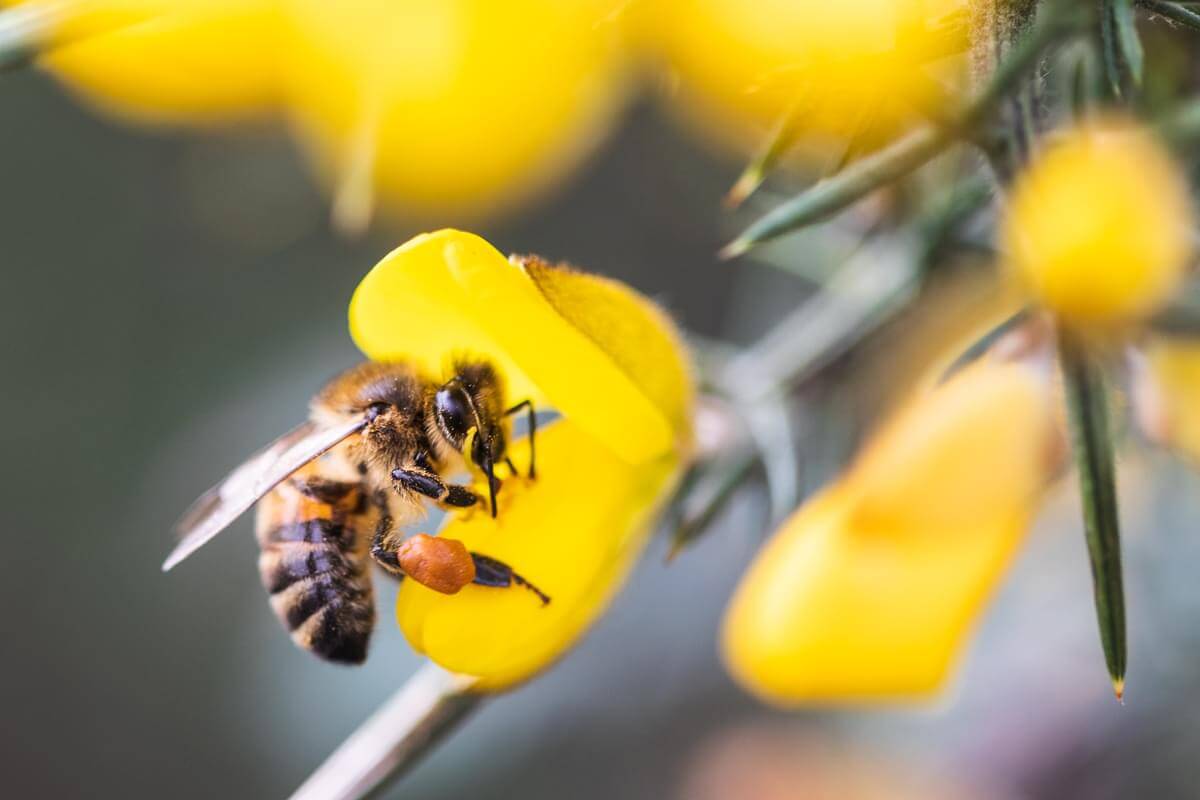Last week, the government’s Science, Innovation & Technology Committee called for a sustainable pest-management action plan on farms, to stop insect decline.
“Food security depends on maintaining and improving the biodiversity essential to ecosystems, and so does the much wider environment that we depend on for our lives, livelihoods and well-being,” said Rt Hon Greg Clark, Science, Innovation and Technology Committee Chair. “That we do not fully understand much of how these natural systems work, or more about the risks to them and important species we may be losing, must not be a cause for despair or apathy. Rather, let the concerns raised in this inquiry be a clarion call for renewed efforts, research, education and interest in our natural environment.”
However, a disease known as ‘virus yellows’ is sweeping through sugar beet crops, spread by aphids – so while one government committee calls for an insect-friendly approach, DEFRA has just given sugar beet farmers emergency authorisation to use the banned group of pesticides, neonicotinoids. These chemicals have been shown to contribute to the loss of pollinating bees and are banned in the EU and the UK where figures also show that British farmers don’t want to be using them.
This contradiction between two government bodies highlights the difficult position that farmers are in. With livelihoods under threat, farmers are not being given the support they need to transition away from harmful banned substances.
“The research has shown that neonicotinoids can impede foraging and navigational ability in bees, resulting in something called ‘colony collapse disorder,” explains Rebecca Bragg, Sustainability Researcher at Riverford Organic Farmers. “But there are conventional, non-organic farmers who have been reliant on neonicotinoids and when the option to use them was taken away, conventional farmers were left in a situation where their yields were suddenly considerably lower. Farmers were not left an alternative, and it goes back to the story of farmers not feeling supported.
Farmers who are committed to contracts, but find themselves suddenly unable to deliver the promised yields, risk losing valuable business if they don’t use the neonicotinoids. And supermarkets and suppliers will simply look elsewhere, to places where neonicotinoids aren’t banned,” adds Bragg.
Vicki Hird, Strategic Lead on Agriculture at The Wildlife Trusts explains that many farmers want to move away from harmful pesticides, but find themselves in a bind, without the appropriate support to help them transition.
“The realities of climate change means increasingly warmer and wetter winters like the one we are currently experiencing – and so the reliance on so called “emergency” authorisations is not a sustainable solution to this challenge,” says Hird. “Farmers know this, which is why 40 per cent of sugar beet growers chose not to use this chemical in 2023 despite its approval for use.
Many farmers are trying to do the right thing for nature and for the future of their farm businesses, but are facing this challenge alone Vicki Hird, Strategic Lead on Agriculture, The Wildlife Trusts
The Wildlife Trusts are calling on British Sugar, the sole buyer and processor of UK-grown sugar, who recently asked the government to lift the ban, to support farmers who grow without using these chemicals.
They’ve started a petition, calling for British Sugar to take action in various ways, including allowing those who grow without neonicotinoids to be able to market their product as such, rather than repeatedly and short-sightedly pursuing emergency authorisations.
“The current short-term approach will not secure a more sustainable and resilient farming sector,” explains Hird.
Bragg suggests that answers may also lie in integrated pest management – where the farmer focuses on preventative strategies, including the selection of pest-resistant varieties and companion crops in the example of sugar beet.
What’s clear is that farmers need support through a joined-up and sustainable transition from government and industry bodies. When our government is undermining its own ambitions, calling for action to halt insect decline while also granting approval for banned bee-harming pesticides, the current system isn’t working, and as ever – it’s the farmers who are caught in the middle.










0 Comments